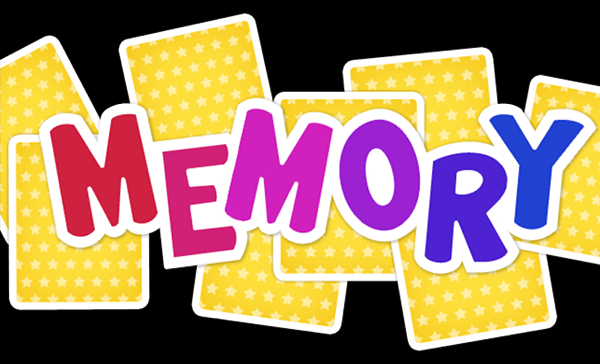
I’m often surprised by what is pressed into my memory bank and what is not! In a recent conversation with my daughter, she was surprised that I readily recalled the name of a friend of a friend from her high school days. However, I couldn’t recall much about her best friends. Why do some things “plant” and other things never take root?
Just think of numbers you’ve committed to memory...Social Security numbers, ID numbers, zip codes, debit codes, etc. Among these many numbers are some so indelibly inscribed in your mind that you could not forget the number any more than you could forget the person or thing they represent. The significance moves well beyond the digits...the birth of a child, a loved one’s death, the number of the house you grew up in.
There are surely moments in our lives when we realize something is happening of great significance. In 1976, after notifying my parents of our bicentennial baby’s birth, I remember thinking about the date, September 18, and how that date was about to be something more. I knew, from that day forward, it would be difficult (and detrimental) to forget this day on the calendar; it would carry the force of forgetting so much more.
With a similar sense of anticipation, God told the Israelites that they would remember the night of Passover before the night even happened. “This day shall be for you a memorial day, and you shall keep it as a feast to the LORD; throughout your generations, as a statute forever, you shall keep it as a feast.” (Exodus 12.14). Moses and Aaron were to instruct Israel to choose a lamb without defect, slaughtering it at twilight. Then, they were to place some of the blood on the doorposts of the houses. The Lord would see and pass over those covered by the blood.
The importance of remembering is a theme carried throughout all of Scripture. It is not about static facts or rules or figures, but the mystery of a place, the significance of a person, the marking of lives. Celebrating the Passover was non-negotiable. The command to remember was passed down from generation to generation, but they were remembering more than the mere events of Israel’s exodus from Egypt. They were remembering God as He showed up and changed them. They were recalling His untiring remembrance of His people. They were memorializing His mighty acts of deliverance.
As the disciples sat around the table celebrating their third Passover meal with Jesus, an observance they had kept from birth, everything probably looked ceremoniously familiar. The smell of lamb filled the upper room, and the unleavened bread was prepared. Remembering, again, God’s delivering acts in Egypt, the blood on the doorposts, the lives spared and brought out of slavery; they looked at their teacher as he lifted the bread from the table and gave thanks to God. Then Jesus broke the bread, and gave it to them, saying, “This is my body, which is given for you. Do this in remembrance of me.” (Luke 22.19)
I have always wished Luke would have described a little more of the scene that followed. Were the disciples hushed and confused? After years of envisioning the blood-marked doorposts, did their hearts cry out to the Lamb of God before them? They had spent their entire lives remembering God’s mighty acts in the events of the Passover. Now, Jesus tells them there is yet more to see in this day on the calendar, saying, “in this broken bread and wine you will see me broken and poured out.” He reveals that in this supper, you will see God remembering His covenant promise...I still remember you. I still seek you.
I imagine from that day forward, the disciples knew it would be difficult to forget that day on the calendar. It is not much different for us today, either. Forgetting what was witnessed in the upper room on that Passover carries the force of forgetting so much more.
~ Pastor Mullinax







